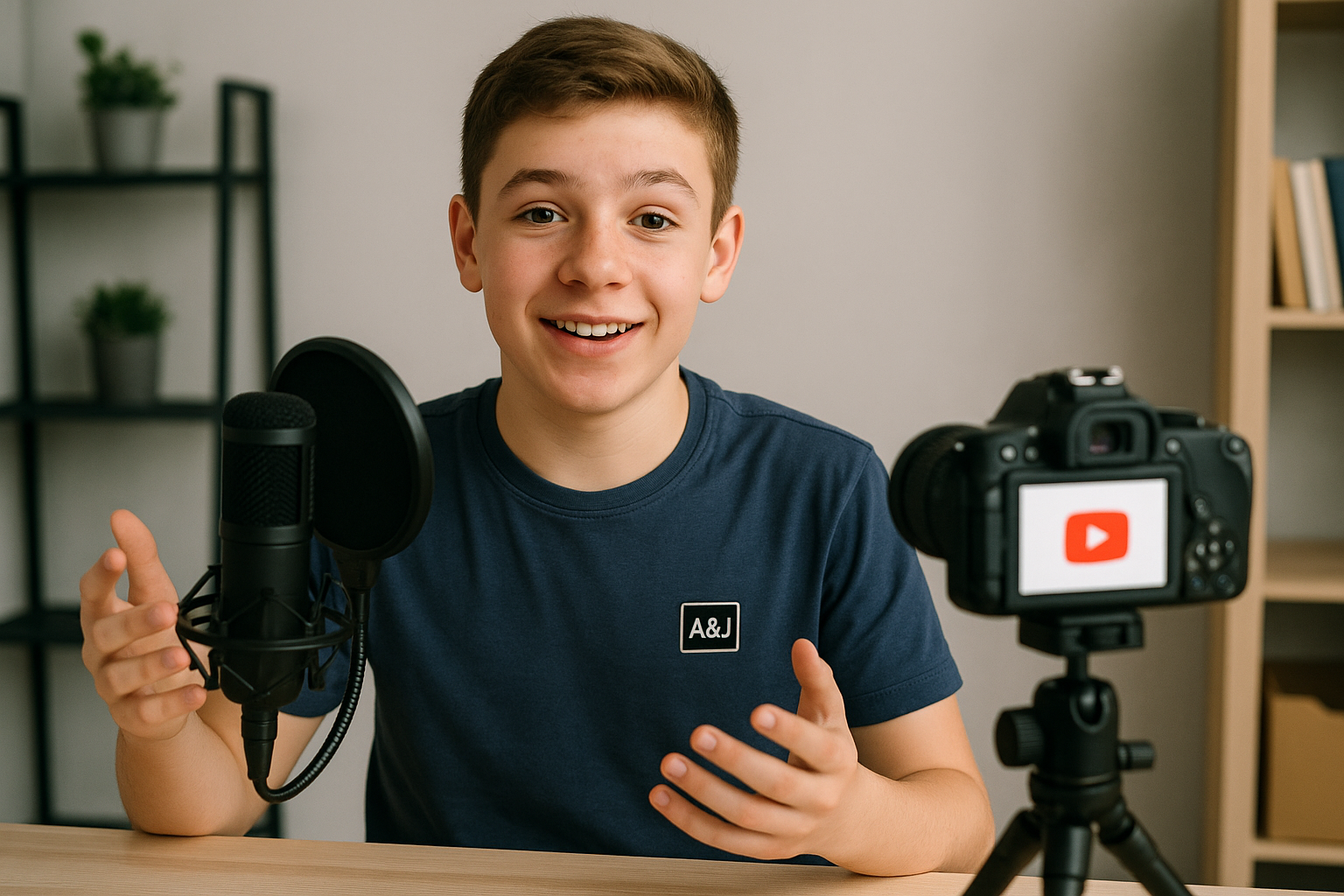
September 2, 2020
In this #UniShort, we’ll have a quick look at the advantages and disadvantages of each qualification: this summary should help you to make a choice about which programme of higher-level exams is the best fit for you or your child.
Before looking at the pros and cons of each qualification in the IB vs. A-levels debate, it’s useful to know a bit more about what each programme involves.
If you choose to take the International Baccalaureate (the IB), you’ll have to pick six separate subjects, at least three of which should be taken at a Higher Level. You choose a course from each of these six subject areas:
You’ll also have to do 150 hours of CAS (that’s around 50 hours of creativity, 50 hours of physical activity, and 50 hours of some form of community service). As well as completing your CAS, you’ll have to write a 4000-word extended essay on a research topic of your choice, and take part in a theory of knowledge (TOK) course that culminates in a 20-minute presentation and a 1600-word essay.
The IB is ideal for those students who are looking for a real, thorough intellectual challenge. It’s also a programme that allows you to keep your study options open.
If you’re not sure where your academic passions lie, and you enjoy a variety of subjects, you can keep exploring all of these areas by taking six different courses from six separate subject areas. Compare this to the A-levels course, where you can only take three (or, at a push, four) subjects.
It’s also worth noting that taking and investing in the IB Diploma will set you up neatly for the liberal arts-style education at many of the best private colleges in the USA. That’s because universities like Harvard, Yale, Princeton, Stanford, and Columbia all emphasise the importance of studying a breadth of subjects throughout your undergraduate degree.
Top universities will also recognise that success in the IB Diploma demonstrates an applicant’s ability to take the initiative when it comes to time management and effective prioritisation. Anyone who can balance the efficient study of six different subjects with 150 hours of creative, physical, and charitable activity and an extended research project over the course of two years is a highly impressive candidate.
There are two main disadvantages when it comes to taking the IB as a gateway into the top British universities.
Firstly, and quite simply, the IB requires quite a bit more work than the A-level programme. Not only do you have to study three extra subjects, but you also have to conduct your own research project and log 150 hours of extracurricular activities to get your Diploma.
Given that the top UK universities don’t seem to favour IB applicants in any special way over those taking three A-levels, you should ask yourself: is it really worth putting in all that extra work when it’s not really necessary for places like Oxford, Cambridge, Edinburgh, or Durham?
Secondly, and as we’ve just alluded to, most prestigious British universities don’t really seem to favour those candidates who’ve taken the IB. In fact, in several cases, they will actually make conditional offers with more challenging and stringent requirements to IB applicants compared to their A-level counterparts.
For example, the current entry requirements for the Human, Political and Social Sciences course at the typical Cambridge college are:
Given the level of intellectual investment and effort required to get these types of scores in the IB, it’s pretty clear that this isn’t really a fair or equitable comparison.
Put simply, if you want to go to a top British university, and are pretty set on what subject area you want to specialise in, the A-level programme might be your best bet.
If you choose to take A-levels, you’ll need to pick three subjects to study. When choosing your selection of subjects, it’s best to think about what you want to study at university. Most British universities will have pages that tell you what A-levels they require you to take for specific courses.
If you’re heading into Sixth Form with the focussed and relatively singular aim of getting into Oxbridge or any other top UK university, you should think about taking A-levels. It’s pretty likely that the workload will be smaller than if you take on the IB Diploma, and you’ll have more time to take part in extracurriculars without having to worry about logging hours as part of your course.
It’s also worth saying that those taking the IB won’t always have much (if any) of an advantage over those taking the A-levels when it comes to applying for certain American colleges. That’s because every international applicant will have to take a standardised test (either the ACT or the SAT) as part of the US application process: this creates a level playing field.
Head over to our 2-minute short video on the benefits of taking A-levels to find out more.
While A-levels are generally less work than the IB Diploma, the latter qualification is excellent for those individuals with a wide, diverse range of academic, sporting, and creative interests.
You also may find that taking the IB sets you up better for the rigorous academic intensity of life at the best universities in the world. For example, I (the writer of this piece) took the IB and I feel like it helped me out massively during my first year at Harvard. Where my peers struggled to adapt to the intellectual challenges of an intense liberal arts education, I was comfortable studying and investing in an eclectic range of subjects.
I still say that taking the IB was more intellectually challenging than my whole first year at Harvard. That’s quite a crash course of preparation for the best universities in the world.
When it comes to attending the best universities in the world, both the IB and the A-level programmes have their advantages and disadvantages.
Put simply, it all comes down to what you or your child wants to get out of their Sixth Form education. Do they want to embark on an academic course that gives them a less hard-fought and (relatively) easier shot at some of the best universities in the UK? Or do they want to invest in a Diploma that encourages them to explore a wide array of interests and teach them the importance of self-sufficiency, time management, and effective prioritisation?
The choice is yours. If you want more help making it, get in touch with us at A&J School to set up a free consultation with one of our team of experts.




.jpg)
